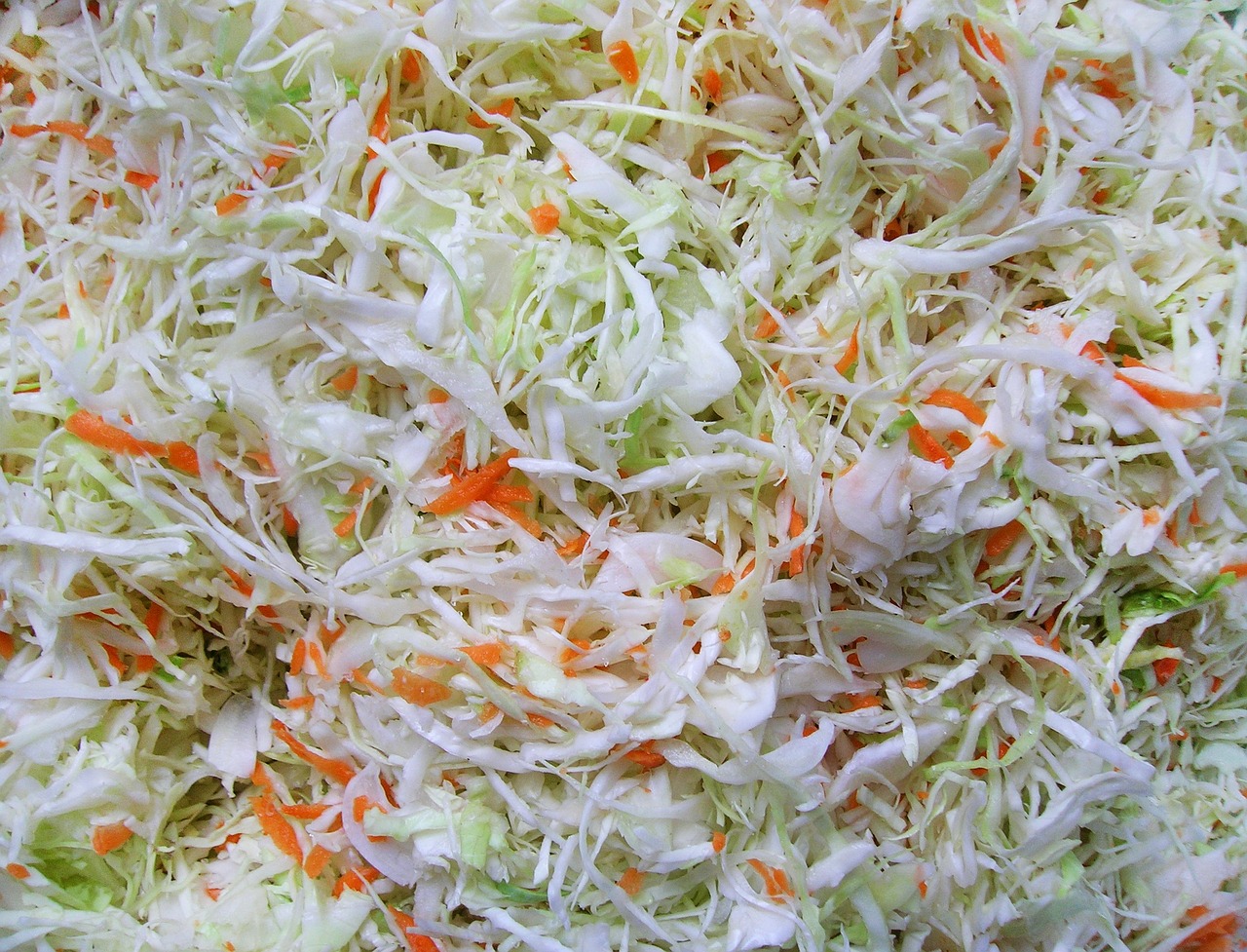The Psychology of Scent: How Fragrance Influences Consumer Behavior
world7.com, mahadev app login, silverexch login: Have you ever walked into a store and been instantly drawn to a particular product, not because of its packaging or price, but because of its scent? That’s the power of fragrance and its influence on consumer behavior. The psychology of scent is a fascinating field that explores how different smells can evoke emotions, memories, and ultimately drive purchasing decisions.
Our sense of smell is closely linked to our emotions and memories. When we encounter a familiar scent, it can trigger a flood of memories and emotions associated with that smell. This is why certain scents can make us feel happy, relaxed, or even nostalgic. Businesses have long been aware of the impact scent can have on consumers, and many use fragrance as a strategic tool to enhance the overall shopping experience.
Here are some ways in which fragrance influences consumer behavior:
1. Creating a welcoming atmosphere
When you walk into a store or a hotel lobby and are greeted by a pleasant scent, it immediately sets the tone for your experience. A welcoming scent can make customers feel comfortable, relaxed, and more inclined to stay longer and explore what the store has to offer.
2. Enhancing brand perception
The scent of a product or a store can shape how consumers perceive the brand. A luxurious fragrance can create the impression of quality and exclusivity, while a fresh, clean scent can convey a sense of professionalism and attention to detail.
3. Boosting sales
Studies have shown that pleasant scents can influence consumer behavior and increase sales. Aromas such as vanilla, lavender, and citrus have been found to have a positive impact on shopping behavior, leading to longer browsing times, increased purchase intent, and higher sales numbers.
4. Creating a memorable experience
Think about your favorite brand or store – chances are, you can recall the scent associated with it. This is because scent is closely linked to memory, and businesses use fragrance as a way to create a lasting impression and strengthen brand loyalty.
5. Evoking emotions
Certain scents have the power to evoke specific emotions and moods. For example, the scent of lavender is often associated with relaxation and calmness, making it a popular choice for spas and wellness centers. By strategically choosing scents that align with the desired emotional response, businesses can create a multi-sensory experience for their customers.
6. Influencing purchasing decisions
The presence of a pleasant scent can influence consumers’ perceptions of a product and drive them to make a purchase. Research has shown that shoppers are more likely to perceive a product as high-quality and worth paying more for when they are exposed to a pleasant fragrance.
In conclusion, the psychology of scent is a powerful tool that businesses can use to enhance the overall customer experience, create a strong brand identity, and drive sales. By understanding how fragrance influences consumer behavior, companies can leverage the power of scent to create a memorable and engaging shopping environment.
—
FAQs
Q: Can scent really impact consumer behavior?
A: Yes, research has shown that scent can have a significant impact on consumer behavior, influencing emotions, memories, and purchasing decisions.
Q: What are some popular scents used in retail environments?
A: Some popular scents used in retail environments include vanilla, lavender, citrus, and sandalwood, among others.
Q: How can businesses incorporate scent into their marketing strategy?
A: Businesses can incorporate scent into their marketing strategy by using fragrances that align with their brand image, creating a welcoming atmosphere, and evoking specific emotions to enhance the overall customer experience.







